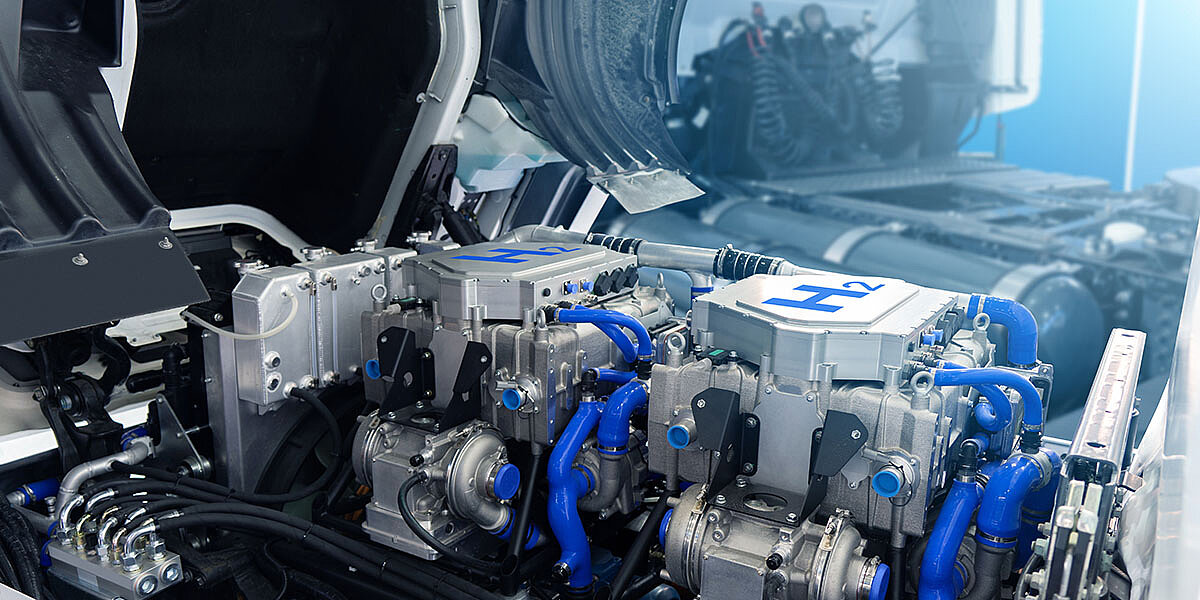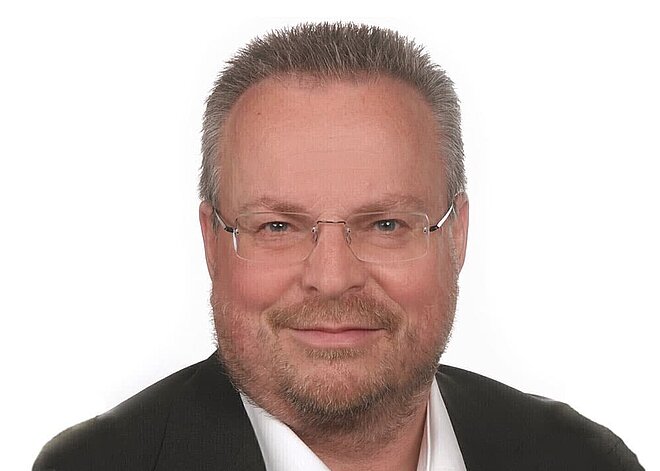Fuel cells - the real powerhouses

Not only the growing number of product developments, but also a still somewhat quiet but nevertheless noticeable reflection in politics is leading the topic of fuel cells and hydrogen as an energy carrier more and more from the absolute fringe at least a little more towards the focus of renewable energies. There are many good reasons for this. Simulation technologies such as FEM and CFD not only support these, but even accelerate development.
Energy and power density are development drivers. All progress to date has always led in the direction of higher energy and power densities - as from the wind turbine to the steam engine. Ultimately, one wants to generate more power in less space or achieve longer power availability with the same input.
In the case of e-mobility, it is of course also a question of environmental aspects. However, energy density is and remains an essential aspect. For example, 40 MJ of energy can be stored in 1 kg of diesel, an enormous 120 MJ in 1 kg of hydrogen, but only 0.5 JM in 1 kg of Li-ion battery. From the aspect of energy density, the decision would be clear. However, building a vehicle with a fuel cell is far more complex than the know-how required for e-vehicles. On the other hand, it would be more powerful and more compact. Merkle & Partner, engineering office for simulation technologies, has been working closely for years, not only with the German automotive industry, on developments for fuel cell technologies.
The history of this already goes back 16 years. From the development of fuel cell stacks to the behaviour of seals, foils, hoses or the use of different materials, FEM and CFD simulations offer valuable insights. Interrelationships become clearer, technical possibilities become visible and development phases and cycles can be shortened enormously because the learning curves via digital twins and digital models are very short.
"The technological challenges to be solved in the development of fuel cell vehicles are higher than those for an electric vehicle. Which, on the other hand, means that copying the technologies would also be more difficult and the market entry barrier is higher. In my opinion, Germany is absolutely predestined for the development of such high technologies. And these are also being developed," says Dipl.-Ing. (TU) Stefan Merkle, Managing Director of Merkle & Partner GbR. "As an engineer, I'm always happy to be involved, because I see a truly sustainable and future-proof renewable energy in this field."
(2,581 characters)

